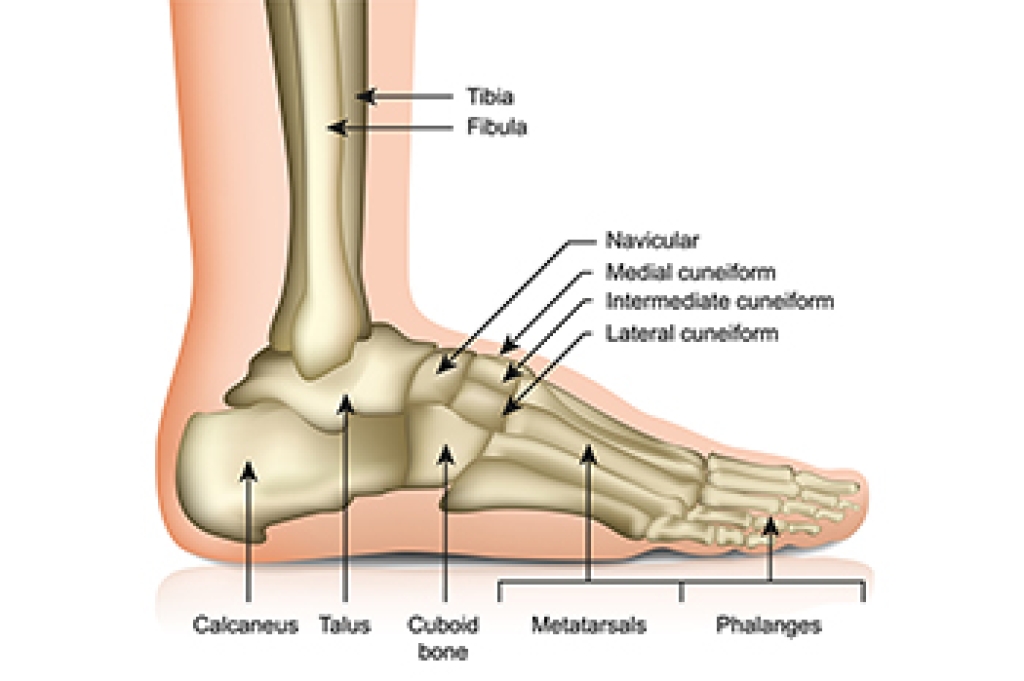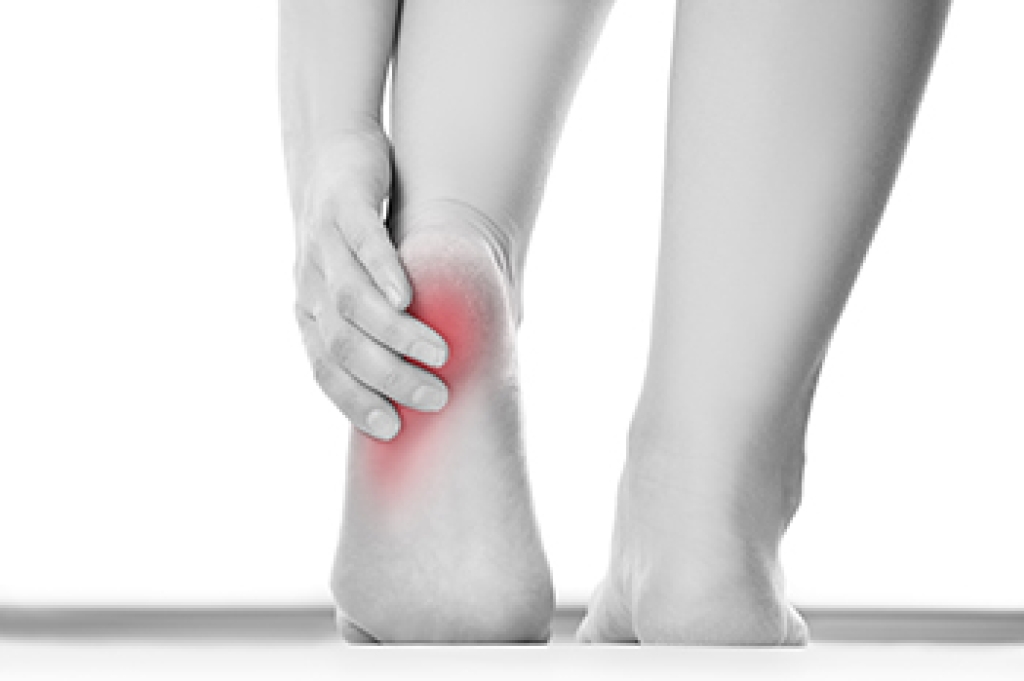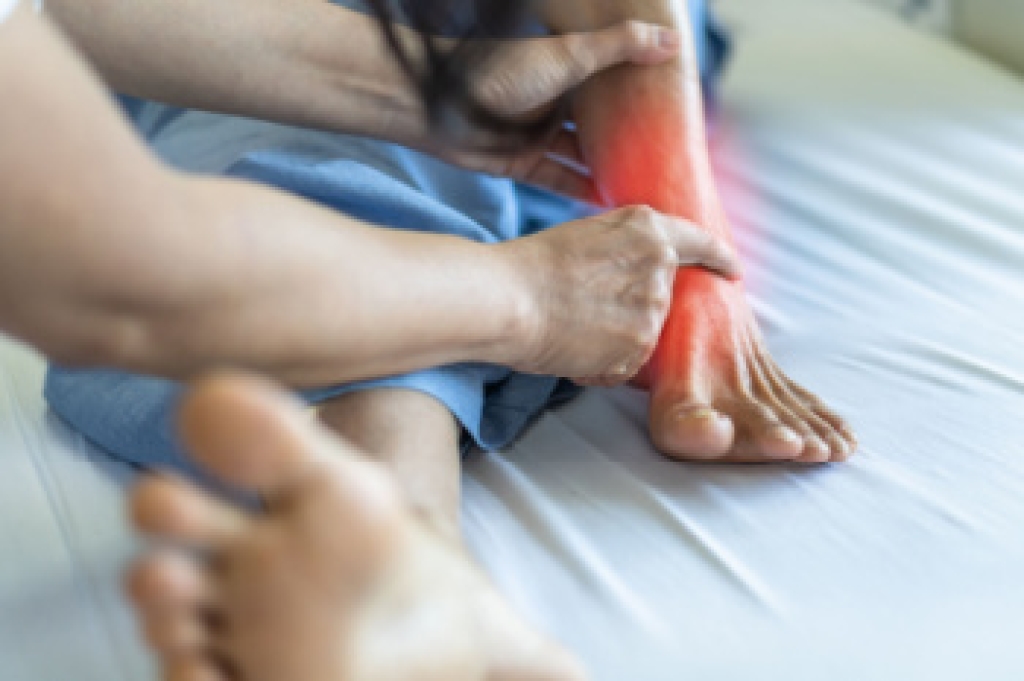
The ankle joint is a complex structure that allows the foot to move while supporting body weight and maintaining balance. It is formed by the meeting of the lower leg bones with the foot, creating a stable yet flexible joint. Surrounding muscles and tendons help control movement and absorb shock during walking and running. Strong ligaments connect the bones and provide stability, preventing excessive motion that could lead to injury. These ligaments play a key role in protecting the ankle during daily activities and sports. When the ankle joint is injured or stressed, pain, swelling, and instability may occur. A podiatrist can help by evaluating ankle anatomy and function, diagnosing ligament or joint problems, and creating a treatment plan to restore strength and mobility. If you have sustained an ankle injury, it is suggested that you consult a podiatrist who can offer effective relief and treatment solutions.
If you have any concerns about your feet, contact Steven Wolfington, DPM from Sheboygan Foot Care, LLC. Our podiatrist can provide the care you need to keep you pain-free and on your feet.
Biomechanics in Podiatry
Podiatric biomechanics is a particular sector of specialty podiatry with licensed practitioners who are trained to diagnose and treat conditions affecting the foot, ankle and lower leg. Biomechanics deals with the forces that act against the body, causing an interference with the biological structures. It focuses on the movement of the ankle, the foot and the forces that interact with them.
A History of Biomechanics
- Biomechanics dates back to the BC era in Egypt where evidence of professional foot care has been recorded.
- In 1974, biomechanics gained a higher profile from the studies of Merton Root, who claimed that by changing or controlling the forces between the ankle and the foot, corrections or conditions could be implemented to gain strength and coordination in the area.
Modern technological improvements are based on past theories and therapeutic processes that provide a better understanding of podiatric concepts for biomechanics. Computers can provide accurate information about the forces and patterns of the feet and lower legs.
Understanding biomechanics of the feet can help improve and eliminate pain, stopping further stress to the foot.
If you have any questions please feel free to contact our office located in Sheboygan, WI . We offer the newest diagnostic and treatment technologies for all your foot and ankle needs.




